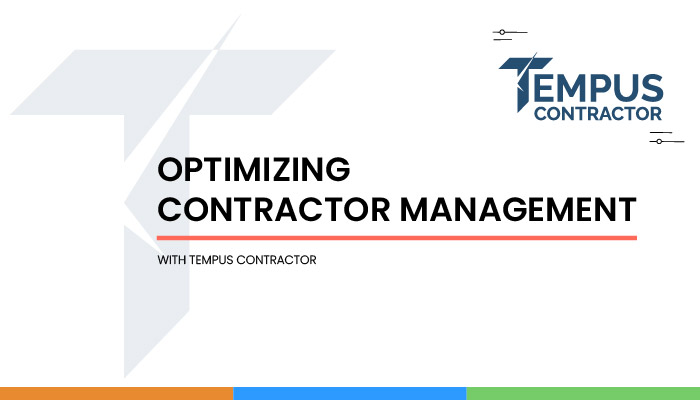
The Importance of Contract Compliance in Workforce Management Solutions
In today’s dynamic business environment, organizations are increasingly relying on workforce management (WFM) solutions to streamline operations, optimize labor costs, and ensure regulatory adherence. Among the many critical components of an effective WFM strategy, contract compliance stands out as a cornerstone for operational integrity and risk mitigation.
What is Contract Compliance?
Contract compliance refers to the adherence to the terms and conditions outlined in employment contracts, collective bargaining agreements, vendor agreements, and service-level agreements (SLAs). In the context of workforce management, it ensures that all labor-related activities—such as scheduling, compensation, benefits, and working hours align with contractual obligations.
Why Contract Compliance Matters
1. Legal and Regulatory Assurance
Non-compliance with labor laws and contractual terms can lead to costly legal disputes, penalties, and reputational damage. A robust WFM solution helps organizations stay aligned with local, national, and international labor regulations, reducing the risk of violations.
2. Operational Efficiency
Contract compliance ensures that employees are scheduled and compensated according to agreed-upon terms. This minimizes errors, reduces administrative overhead, and enhances workforce productivity by automating compliance checks and alerts.
3. Cost Control
By enforcing contract terms, organizations can avoid overpayments, unauthorized overtime, and benefit misallocations. WFM solutions provide real-time visibility into labor costs, helping businesses make informed decisions and stay within budget.
4. Employee Trust and Satisfaction
When employees see that their contracts are honored—whether it’s fair scheduling, accurate pay, or timely benefits—they are more likely to feel valued and engaged. This fosters a positive workplace culture and reduces turnover.
5. Audit Readiness
Contract compliance ensures that all workforce-related data is accurately recorded and easily accessible. This is crucial for internal audits, external reviews, and maintaining transparency with stakeholders.
How Workforce Management Solutions Enable Compliance
Modern WFM platforms are equipped with features that automate and enforce contract compliance:
- Rule-based Scheduling: Automatically aligns shifts with contract terms, avoiding violations.
- Real-time Alerts: Notifies managers of potential breaches in working hours, rest periods, or overtime limits.
- Integrated Time Tracking: Ensures accurate logging of hours worked, breaks, and absences.
- Custom Reporting: Generates compliance reports for audits and performance reviews.
- Policy Management: Centralizes and updates contract terms, making them accessible and enforceable across the organization.
Final Thoughts
Contract compliance is not just a legal necessity—it’s a strategic advantage. By embedding compliance into workforce management solutions such as Tempus Central, organizations can protect themselves from risk, build trust with employees, and drive sustainable growth. In an era where agility and accountability are paramount, contract compliance is the key to a resilient and future-ready workforce.
